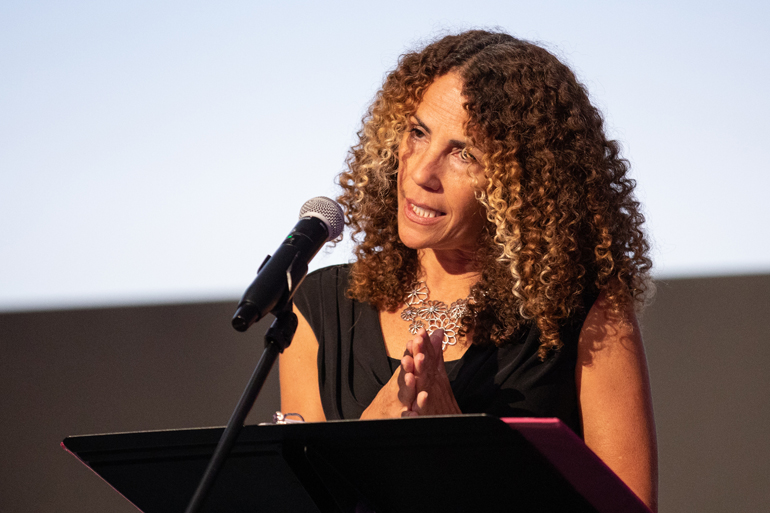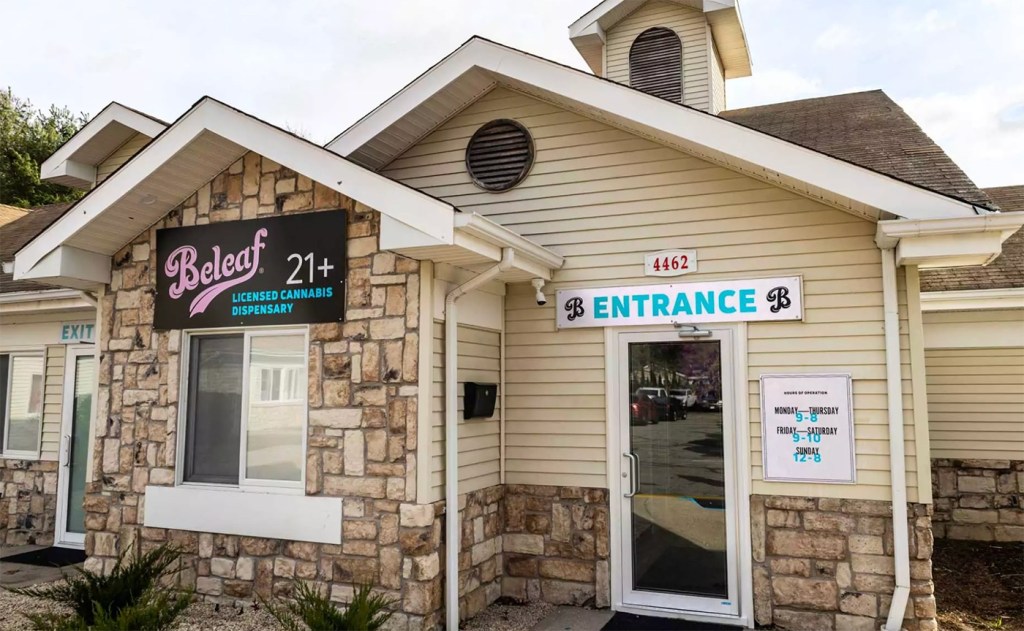Minerva Perez on OLA's Vital COVID-19 Services for Latinos and Others

The East End is home to many nonprofit organizations doing everything in their power ensure the safety, health and well-being of Hamptons and North Fork families impacted by the COVID-19 pandemic. One local organization, OLA of Eastern Long Island, is serving our community with an emphasis on leveling the playing field for Latinos and the immigrants who have yet to master English. OLA Executive Director Minerva Perez discusses some of the unique struggles these minority groups are facing during the pandemic and what OLA is doing to provide aid to them and to other East End families in need.
How has the COVID-19 crisis affected the way OLA operates as an organization?
We have not only maintained our staff but added on new staff to help handle the crisis in the ways our community is needing most. Eighty percent of our work has been crisis response focused, including the legal team responding to concerns around evictions, housing threats, etc. Food crisis work is connecting 80 families to food on a weekly basis through a network of volunteers that drive, shop and deliver, and to food gift cards that are given to supplement what families need to survive and maintain a healthy morale.
Most families have never needed support before this crisis. Their teens are feeling shame and shock at suddenly not having enough food. We are trying to meet needs of not only food, but also holding up the faith in our community that we can work together to come back stronger and to keep supporting the growth and viability of this beautiful region. We have provided over $700,000 worth of Chromebooks to area school districts for them to have and use as they see fit. We have also purchased Wi-Fi hotspots for schools with families who have lost their Wi-Fi and cannot connect to distance learning. This was not a “Latino Only” initiative. It is OLA’s way of supporting our belief that if any child is deprived of access to education, our full community suffers.
How has social distancing impacted the services OLA provides?
We are not using our office in East Hampton. All client support is done through our OLA phone line, Facebook private messages, texts, WhatsApp, etc. We have been able to meet needs on a variety of topics. We are using taxis to help meet the needs of folks with critical medical appointments and no access to transportation. We have an OLA vehicle, but until it is fully safe for us to transport clients, we will need to use other resources.
OLA’s work centers on advocacy, education and the Arts. It is important to point out that OLA is not a direct service agency by design. We have been stepping up over the last four years to answer our community’s need during difficult times. Now with COVID-19, we are stepping up further with crisis food response and distance learning support, because that is where our community needs us.
What online programs or resources has OLA introduced recently?
OLA’s Facebook page is a fluid space that allows for new legal guidance to be offered in Spanish and English. We help to distill information, with our General Counsel’s guidance, and then we offer videos to help clarify and demystify processes related to health access, transportation, illegal evictions, education, etc. We are doing more of this now.
Alma Tovar is our video maven who offers our Spanish speaking community guidance, information and genuine care. She is a real treasure to our East End.
What are some of the unique challenges or disadvantages that the East End’s Latino population is facing amidst the pandemic?
Language access is a point of contention and it shouldn’t be, especially now. We need for any health guidance going out to the community that will ensure the safety of all community members to be in languages that Suffolk County speaks. Citizens of the USA still need ways to communicate in other languages during times of crisis if their native language allows them a better way to understand legal or health related guidance. The great news is, technology and access to resources like live human interpretation on LanguageLine are easy fixes that we must embrace and stop politicizing. All folks are trying to learn English. Some learn new languages faster than others, but it is in the best interest of us all to allow critical information to flow in the languages our community speaks and understands.
What steps are being taken to ensure OLA’s sustainability during this unpredictable time?
We have seen that OLA’s relationships on the East End—to schools, local municipalities, county and state offices, arts organizations, other nonprofits, houses of faith, individual donors, etc—have positioned us to remain viable not only during these changing times, but also to be seen as a critical resource in planning the recovery strategy of our East End.
What’s the best way for people to help OLA and our local Latino community right now?
OLA would love volunteers to help to raise funds for some or all of our efforts, to be an ambassador to a school or parent group, and other ways!
In a broader sense, being an ally to the Latino members of our shared community is always a great thing to be, as they are your neighbors, essential workforce, grocers, friends, children’s caregivers, children’s peers, etc. OLA would suggest that if there are any families or individuals in obvious need, regardless of their perceived ethnic background, that you offer your own help or the information to other services you are aware of. During these hard times, it would be so wonderful to know that each person in our area (local or not) carried with them a list of critical service providers to offer in the event they encounter someone with a need: Where is the local food pantry in your area? What are the hours? What are the requirements to access food? What are the numbers to local domestic violence agencies near you or hotlines? Where are the free COVID-19 testing sites? And any other pieces of information that you find important to be able to share.
Would you like to share any words of insight or encouragement with the East End community?
I have never experienced the level of generosity or concern in any other place I’ve ever lived or worked, than right here on the East End. We are growing in the understanding that the best way forward to health and prosperity for this region does not allow room for hate or scapegoating. We are interdependent on one another in ways that we are only now able to grasp and embrace. We can have a brighter future if we choose to have it.
To learn more about OLA of Eastern Long Island and the vital services they provide, visit olaofeasternlongisland.org.



